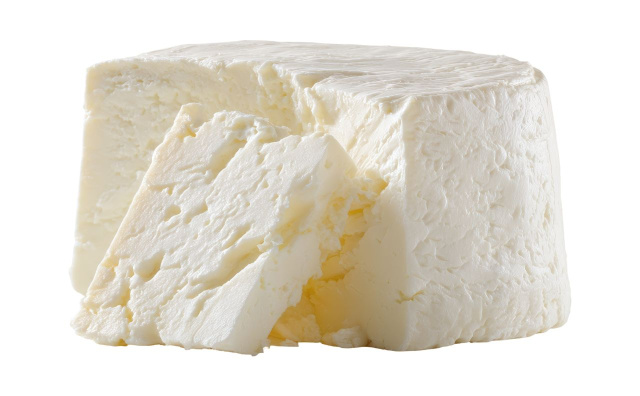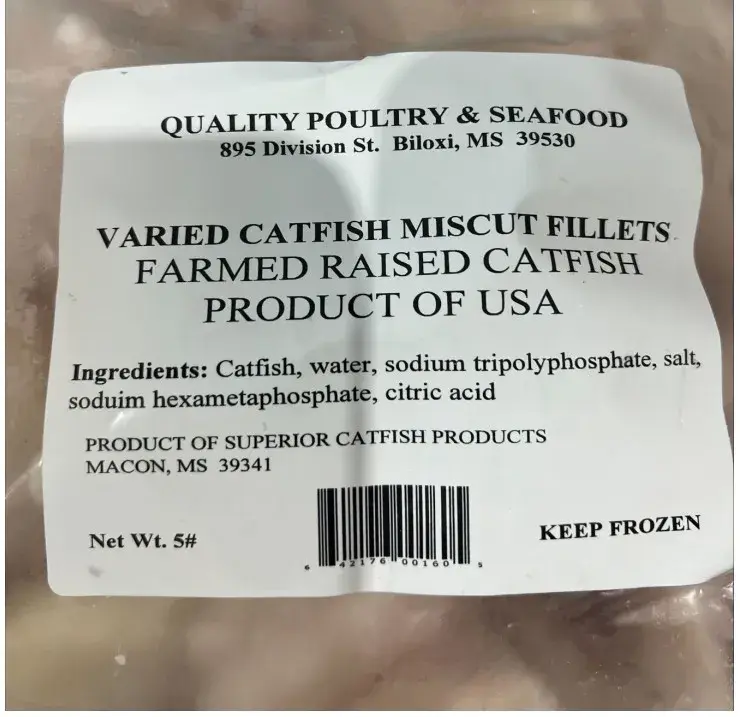By Summer Heat
Copyright novinite

In Bulgaria, imitation cheese is widely sold under the label of “imitation product,” a practice virtually unique within the European Union, where such substitutes are banned and considered illegal. Dr. Sergey Ivanov from the Active Consumers Association highlights that for the past two years, the EU has prohibited the use of milk substitutes in products. He warns that the inclusion of palm fat and other non-dairy ingredients in cheese negatively affects quality and contributes to health problems, including cardiovascular issues.
The legal category of “imitative products” in Bulgaria was introduced roughly a decade ago, allowing these cheese substitutes to be produced and sold openly. Official figures from the Ministry of Agriculture indicate that around 6,000 tons of non-dairy “cheese” entered the market in the first half of 2025, although Ivanov believes the actual numbers are far higher. A particular concern is cheese with elevated water content, usually unripened, which does not meet the standards of classic cheese recipes that require proper maturation.
Meanwhile, the production of authentic cheese is declining while imitation products continue to grow, coinciding with rising dairy prices. Eurostat data shows that Bulgaria ranks fifth in the EU for agricultural price increases, including dairy items. The Confederation of Bulgarian Trade Unions suggests that a cartel may be behind these rising costs. Plamen Dimitrov, chairman of the union, noted that cow’s cheese in Bulgaria now costs more than in Germany, the Netherlands, and France, signaling market irregularities. The union plans to release a sectoral analysis of the food market by the end of September and criticizes the Commission for the Protection of Competition (CPC) for failing to act against price anomalies.
The CPC itself announced in mid-July that it has begun a sectoral review of the food market, including dairy, but such studies can take months. Meanwhile, prices continue to climb, leaving consumers exposed to ongoing increases in the cost of basic dairy products. Dimitrov urged authorities to act decisively, questioning whether the state possesses real enforcement power or if official warnings are merely rhetoric.



